Title: Gallbladder Stones: Signs, Symptoms, Causes, Risk Factors, Diagnosis, Prevention, Diet, Lifestyle, and Homoeopathic Treatment
Introduction:
Gallbladder stones, also known as gallstones, are solid particles that form in the gallbladder. They can cause pain and digestive disturbances. Understanding the signs, symptoms, causes, risk factors, diagnosis methods, prevention strategies, diet and lifestyle considerations, and the potential role of homoeopathic treatment is crucial for effectively managing gallbladder stones. In this blog post, we will explore the key aspects of gallbladder stones and their holistic approach to treatment.
Signs and Symptoms of Gallbladder Stones:
1. Abdominal pain: Pain in the upper right side or middle of the abdomen, often radiating to the back or right shoulder.
2. Nausea and vomiting: Feeling of queasiness and occasional vomiting.
3. Indigestion and bloating: Difficulty digesting fatty or greasy foods and feeling of fullness.
4. Jaundice: Yellowing of the skin and eyes due to blocked bile ducts.
5. Changes in stool: Light-colored or clay-colored stools and dark urine.
Common Causes of Gallbladder Stones:
1. Cholesterol stones: Formed when there is an imbalance of bile salts, cholesterol, and other substances in the gallbladder.
2. Pigment stones: Formed from excess bilirubin, a waste product of red blood cells.
Risk Factors for Gallbladder Stones:
1. Gender: Women are more prone to developing gallbladder stones.
2. Age: The risk increases with age, especially after 40.
3. Obesity: Excess weight and obesity increase the risk.
4. Family history: Having a close relative with gallstones increases the likelihood of developing them.
5. Rapid weight loss or dieting: Losing weight too quickly or following a low-calorie diet can contribute to stone formation.
6. Pregnancy: Hormonal changes during pregnancy can increase the risk.
Diagnosis of Gallbladder Stones:
Gallbladder stones can be diagnosed through various methods, including:
1. Abdominal ultrasound: A non-invasive imaging test that uses sound waves to visualize the gallbladder and detect stones.
2. Blood tests: Assess liver function and check for signs of inflammation or infection.
3. Magnetic Resonance Cholangiopancreatography (MRCP): A specialized imaging technique that provides detailed images of the bile ducts and gallbladder.
Prevention Strategies, Diet, and Lifestyle Considerations:
1. Maintain a healthy weight: Losing weight gradually and maintaining a healthy weight can reduce the risk of gallstones.
2. Eat a balanced diet: Include high-fiber foods, fruits, vegetables, and whole grains in your diet. Limit saturated fats and cholesterol-rich foods.
3. Stay hydrated: Drink an adequate amount of water daily to promote proper digestion and bile flow.
4. Avoid rapid weight loss diets: Opt for sustainable weight loss methods rather than crash diets.
5. Exercise regularly: Engage in regular physical activity to maintain a healthy weight and promote overall well-being.
6. Limit alcohol consumption: Excessive alcohol intake can increase the risk of gallstones.
Homoeopathic Treatment for Gallbladder Stones:
Homoeopathic treatment for gallbladder stones aims to alleviate symptoms, promote the breakdown and elimination of stones, and prevent their recurrence. Some commonly used homoeopathic remedies for gallbladder stones include:
1. Chelidonium majus: Indicated for gallbladder stones with right-sided abdominal pain, jaundice, and indigestion.
2. Lycopodium clavatum: Useful for gallstones with bloating, flatulence, and burning pain in the upper abdomen.
3. Carduus marianus: Recommended for gallbladder stones with liver congestion and dull pain in the right upper abdomen.
It is important to consult a qualified homoeopathic practitioner for an accurate diagnosis and individualized treatment plan based on your specific symptoms and overall health.
Conclusion:
Gallbladder stones can cause significant discomfort and affect digestive health. By understanding the signs, symptoms, causes, risk factors, prevention strategies, diet and lifestyle considerations, and considering homoeopathic treatment as a complementary approach, individuals can effectively manage gallbladder stones and improve their overall well-being. Remember to consult healthcare professionals for an accurate diagnosis and to create a comprehensive treatment plan tailored to your specific needs.
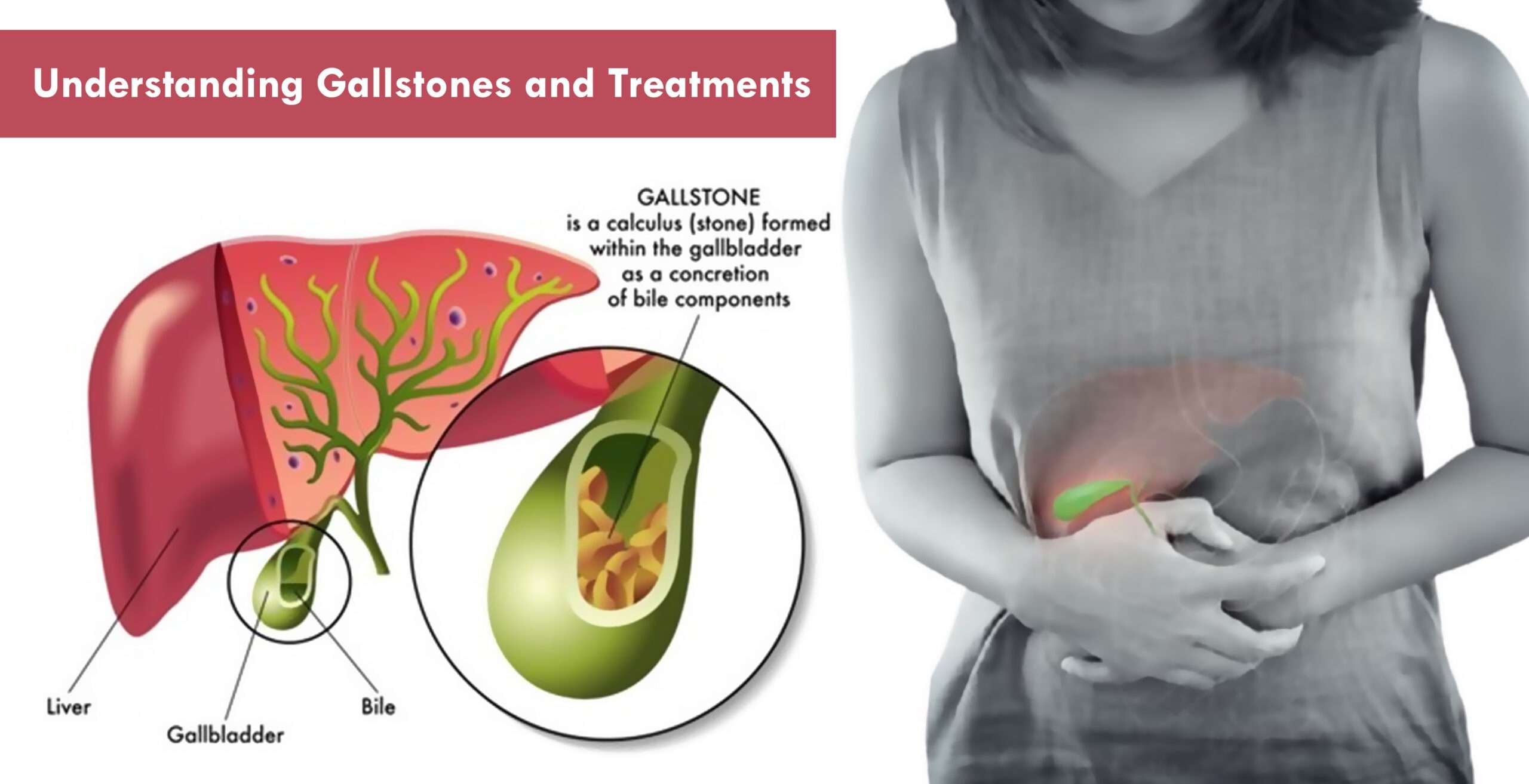
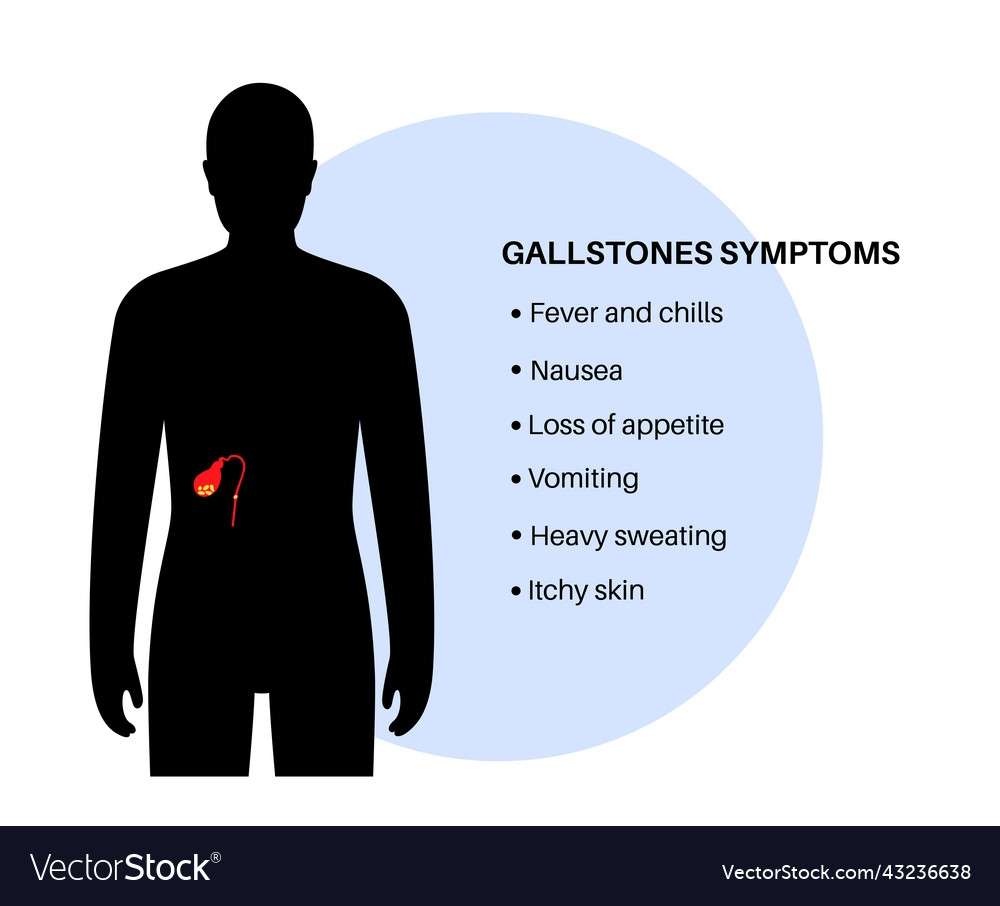
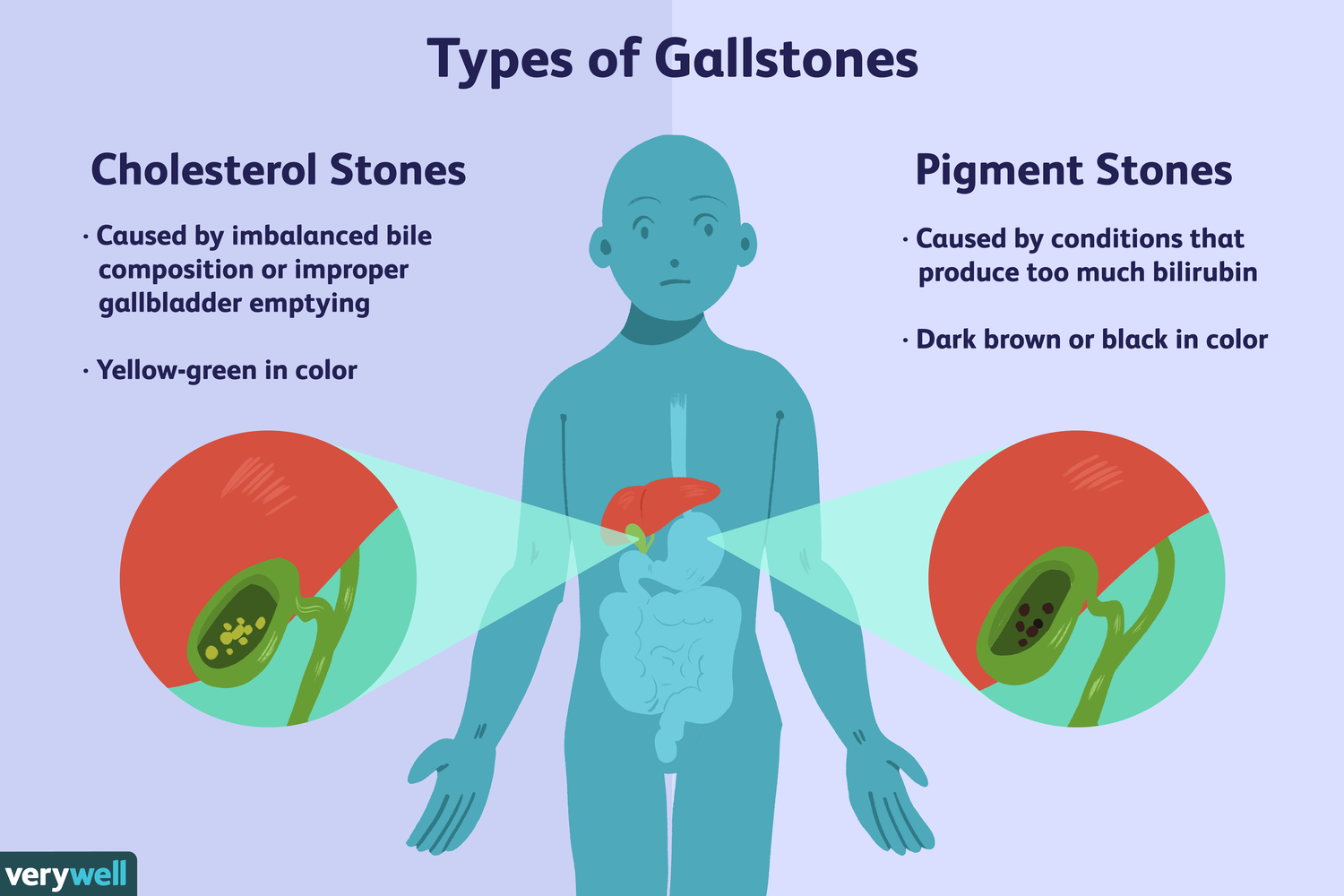
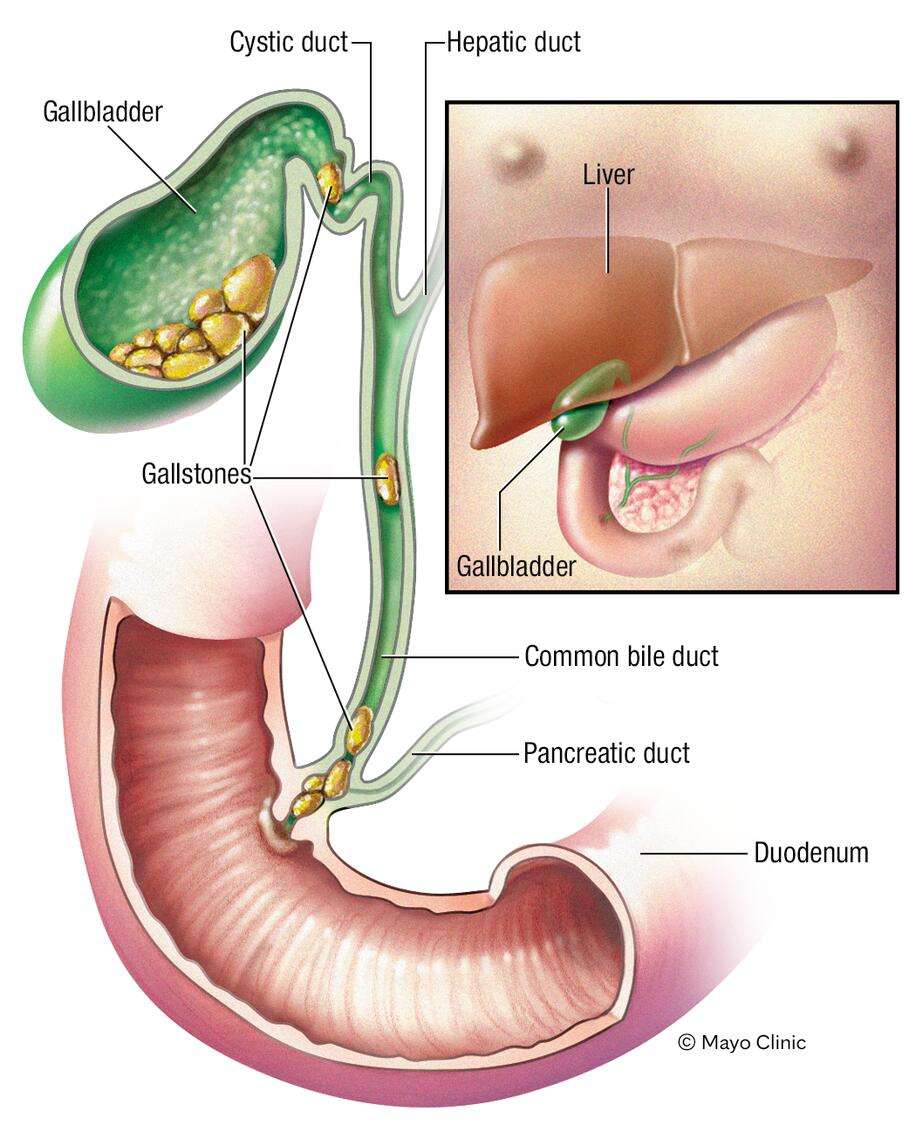
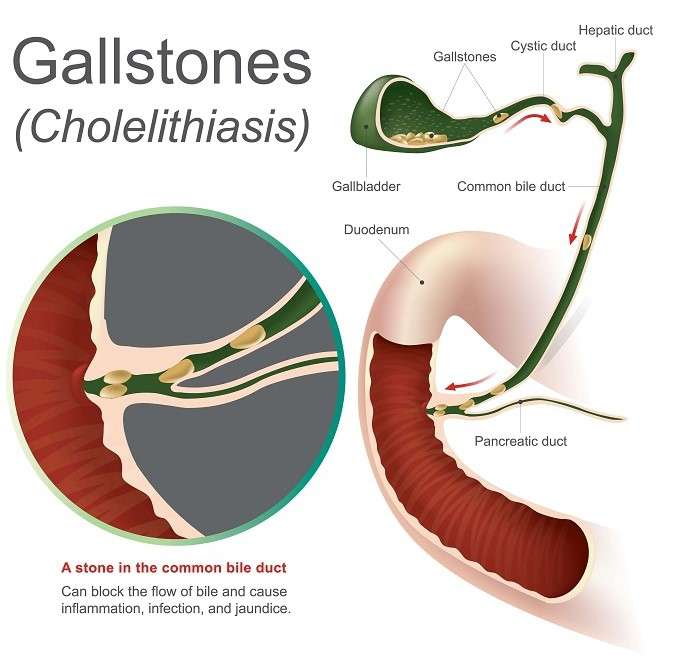
Leave a Message